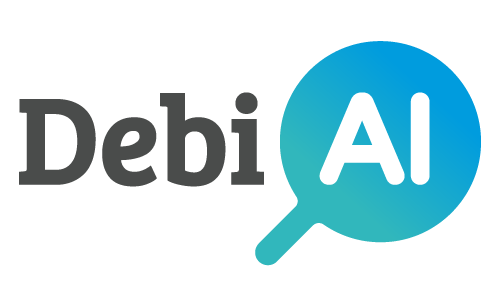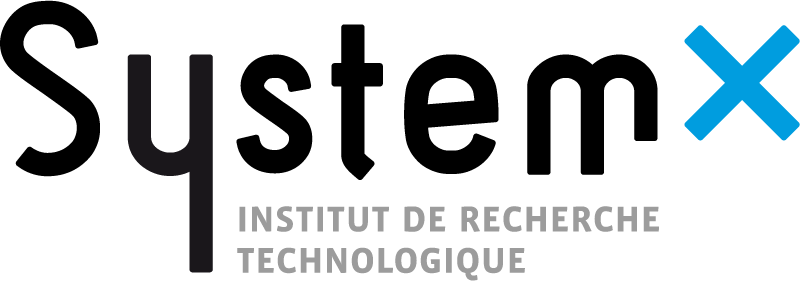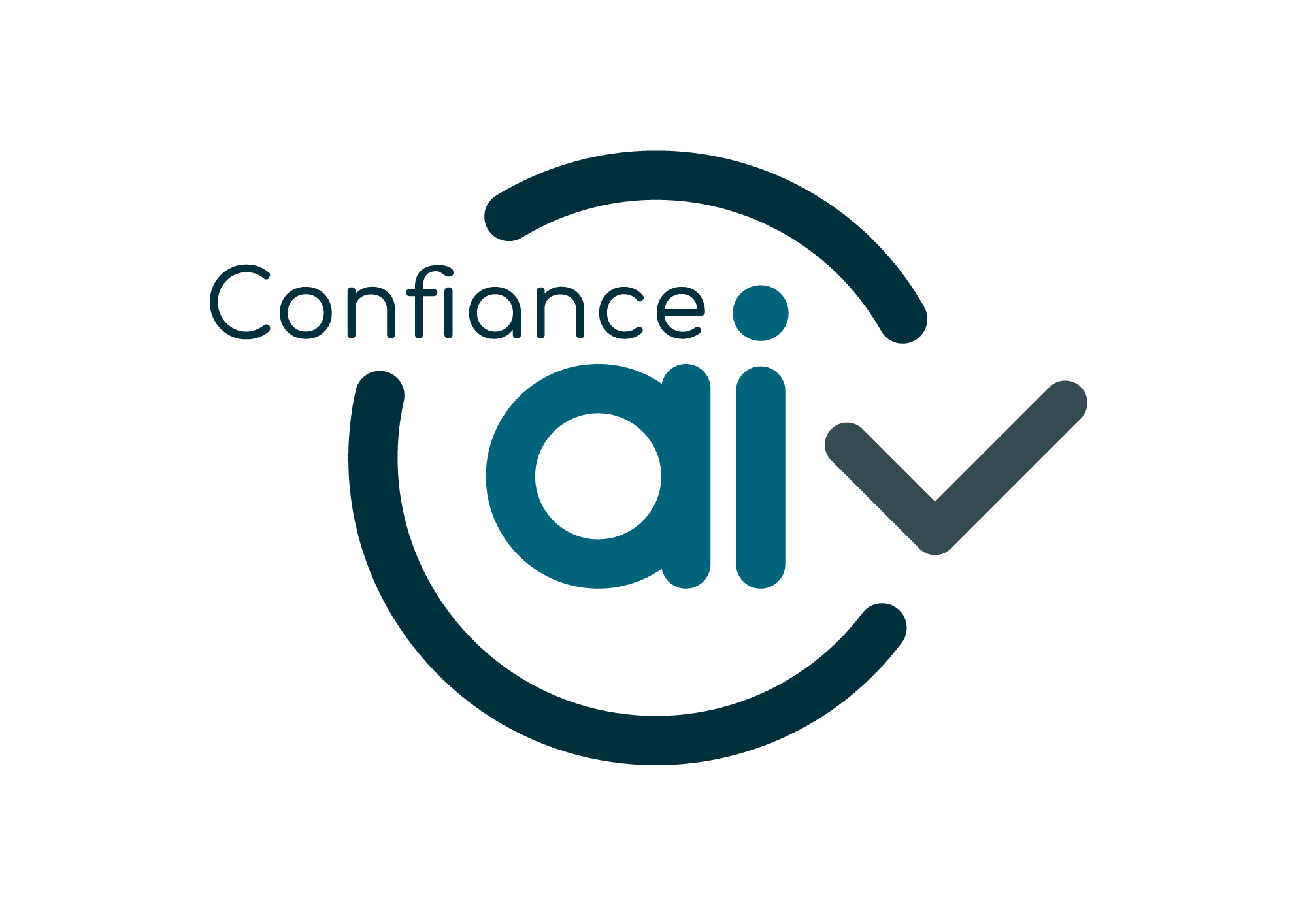# Data Providers
Creating a Data Provider is the most efficient way to make your project data accessible to DebiAI.
A Data Provider is a service that responds to DebiAI's data requests. It can be implemented in any language, use any database, and be hosted on any platform, as long as it follows the DebiAI Data Provider API.
Unlike the DebiAI Python module, this method does not duplicate data in DebiAI, ensuring that DebiAI always analyzes the latest version of your data.
# How It Works
DebiAI queries your Data Provider to retrieve information for the dashboard:
- Project lists: available projects
- Data IDs: available samples
- Project data: actual data used for analysis
- Model results: available models and outputs (optional)
- Data selections: user-defined data selections (optional)
Additionally, DebiAI can send data selections made by the user back to the provider:
- Project deletion
- Model deletion
- Selection creation and deletion
# Pros & Cons
✅ Pros:
- Always up to date – DebiAI always analyzes the latest data.
- No data duplication – Saves storage space.
- Flexibility – Works with any programming language and database.
- Platform-independent – Can be hosted anywhere.
- Ideal for middle to long-term projects.
⚠️ Cons:
- Requires an initial custom implementation, but it's a one-time setup. To simplify implementation, you can use the DebiAI Data Provider Python module (opens new window).
# Performance Considerations
The speed of data loading into DebiAI depends on how quickly your Data Provider responds. This is influenced by:
- Data size – Larger datasets take longer to load.
- Database performance – A fast database speeds up response times.
Optimizing your Data Provider ensures faster data retrieval in DebiAI.
# Getting Started
To create your first Data Provider, check out our Quick Start Guide.


